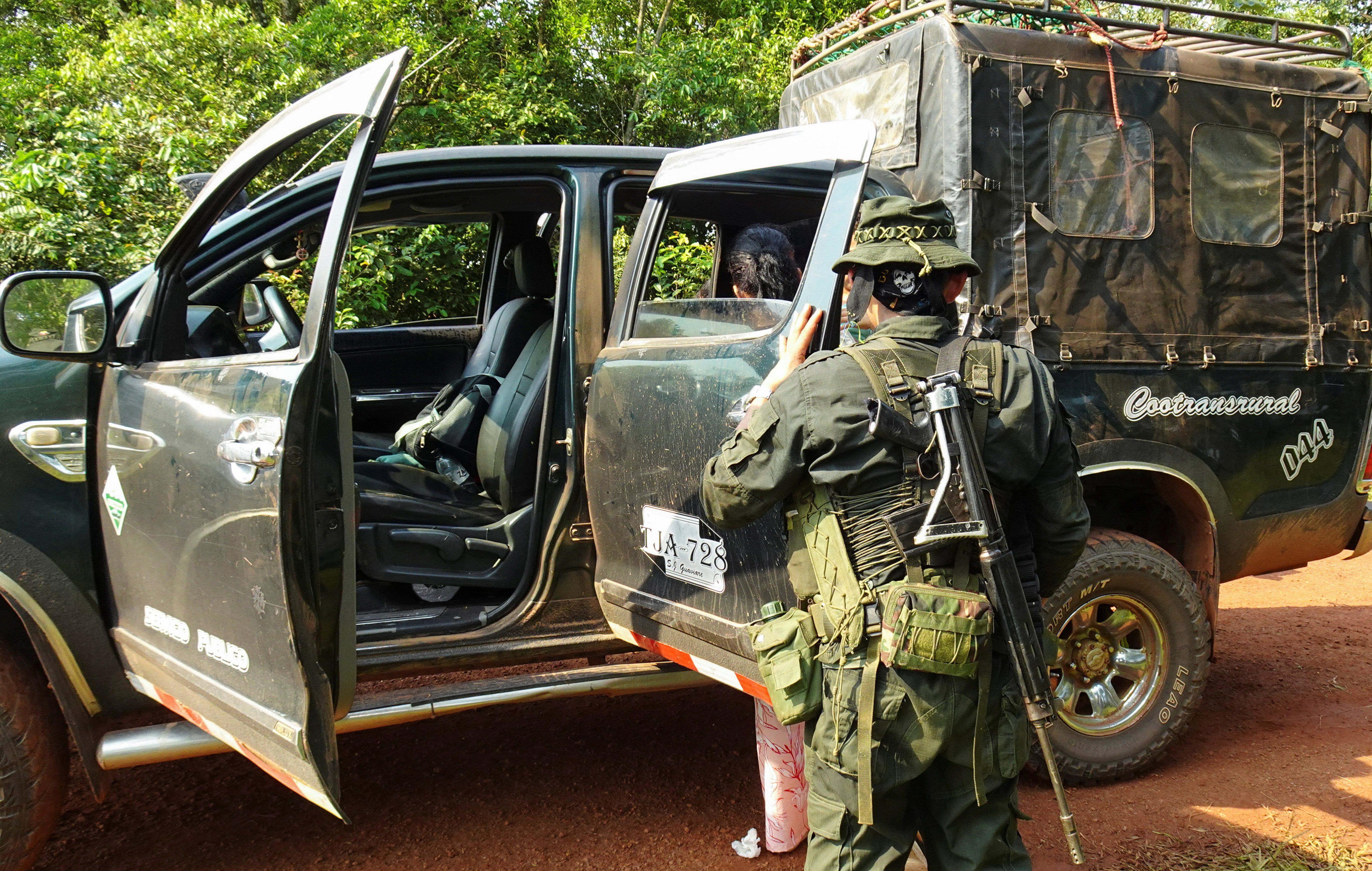The Colombian government on Tuesday suspended a cease-fire with a major faction of Marxist guerrillas, highlighting the challenges to President Gustavo Petro’s attempts to rein in violence.
The background: Back in 2016, the Colombian government signed a historic peace deal with the FARC, the country’s largest rebel group. Dissident fighters who rejected those accords formed the EMC, which operates in about two-thirds of Colombia’s provinces and often provides social services that the government cannot.
Since last year, the government has been talking peace with the EMC, which has split into two main factions. The government has canceled the cease-fire with the larger of the two because its fighters have violated its terms, but it remains in talks with the smaller one.
The EMC negotiations have run alongside efforts to reach peace with other holdout Marxist groups and drug cartels, which have expanded into territory abandoned by the FARC.
Petro, a leftist former guerilla himself, was elected in 2022 in part on pledges to secure “total peace” by focusing on poverty and other root causes of militancy. But amid rising violence, he’s run into a problem: Without a firmer state presence and control, it’s hard to win local hearts and minds with social policy.
For more: See our 2022 interview with Petro here.
